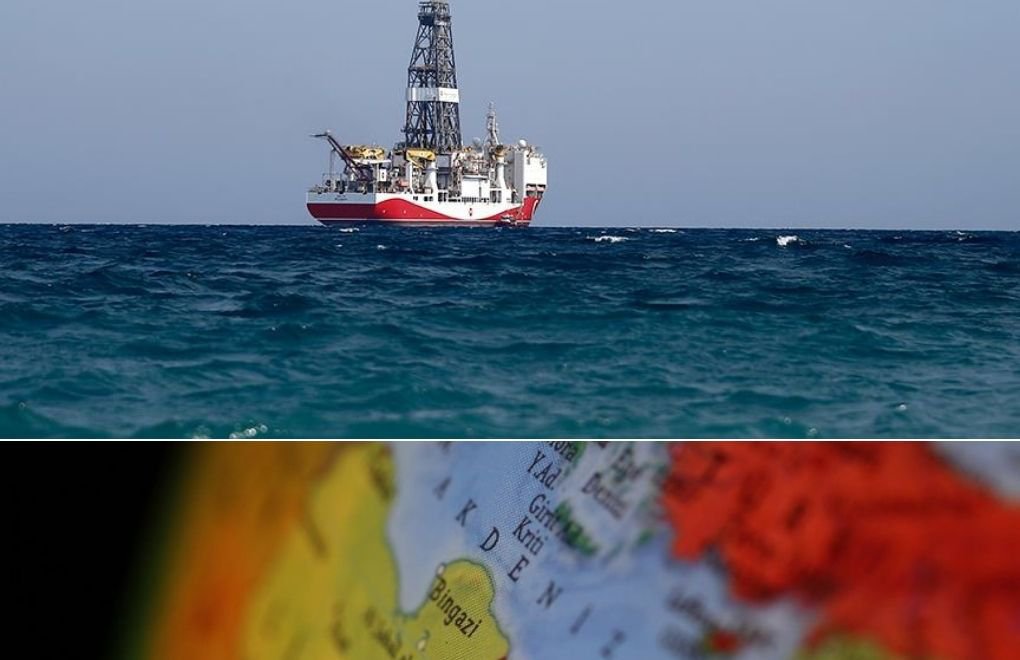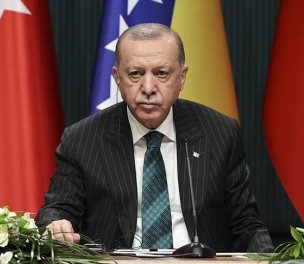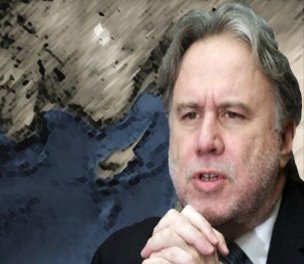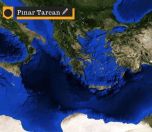* Photos: Anadolu Agency (AA)
Click to read the article in Turkish
Following an interval for five years, Turkey and Greece begin a new round of exploratory talks to address the pressing issues related to the Aegean and Eastern Mediterranean today. During the talks, the delegation of Turkey is chaired by Vice Minister of Foreign Affairs Sedat Önal.
It was in mid-January when Turkey's Ministry of Foreign Affairs invited Greece to resume the talks. In a statement released on the website of Turkey's Foreign Ministry on January 11, it was said, "The 61st round of the Exploratory Talks will take place in Istanbul on 25 January 2021."
Kyriakos Mitsotakis, the Prime Minister of Greece, also said that his country would join the talks with "optimism and confidence."
As reported by Turkey's state-run Anadolu Agency (AA), "the dialogue is also expected to positively contribute to Turkey's relations with the EU.
European Council President Charles Michel welcomed the development, according to a statement following his meeting with Minister of Foreign Affairs Mevlüt Çavuşoğlu in Brussels on January 22.
Last talks were held in March 2016
The 60th round of talks, the last of the exploratory talks initiated between the two countries in 2002, took place in Athens in March 2016. After the 60th round of talks in March 2016, Athens suspended the meetings.
Afterward, bilateral negotiations continued in the form of political consultations but did not return to an exploratory framework.
The talks are expected to focus on bilateral disputes, including maritime boundaries and drilling rights in the region.
Turkey has rejected the maritime boundary claims of Greece and the Greek Cypriot administration in the region, stressing that these claims violate the sovereign rights of both Turkey and Northern Cyprus.
Ankara last year sent several drillships to explore for energy in the Eastern Mediterranean, which caused tension especially with Greece.
'Some issues not up for discussion'
As reported by greekreporter.com news website, "Greece has clearly indicated that it is coming to the 61st round of exploratory contacts with confidence, in good faith, a spirit of cooperation, a constructive climate, while having the hope that the talks will lead to de-escalation and that the Turkish side will come in a similar spirit."
Greece's Minister of Foreign Affairs Nikos Dendias has also underlined in an interview that there are some issues between Turkey and Greece which "are not up for discussion", such as those concerning "national sovereignty and the demilitarization of Greek islands."
In any case, he has noted, exploratory talks "are not negotiations, they are informal, there are no minutes taken during the meetings, and neither side has to assume responsibilities or make commitments."
'The alternative: The Hague'
As reported by Reuters news agency, Dendias has said that the exploratory talks, which were halted in March 2016, were not negotiations but aimed to discover whether there was enough convergence for possible future negotiations on just one specific issue.
"I want to be clear that the subject is the demarcation of the exclusive economic zone and continental shelf in the Aegean and the eastern Mediterranean on the basis of international law," he has reportedly said.
Dendias has added that if negotiations begin after the exploratory talks but the two sides are still unable to reach a deal, they will have to agree on a text to refer the issue to the International Court in The Hague.
'It needs to be solved with an agreement'
Speaking to bianet about the issue, retired ambassador Yalım Eralp has underlined that the Eastern Mediterranean crisis is "an issue that can be brought to light thanks to diplomacy and law."
"It is not an easy question; neither Turkey nor Greece can say, 'This is my exclusive zone.' It is not legally valid.
"It is neither valid for Greece nor for us. This can be solved only by means of agreements ... Negotiations must be tried first; if they remain inconclusive, one needs to go to the International Court at the Hague.
"This is what civilized countries do." (PT/SD)






-132.jpg)

sa.jpg)

